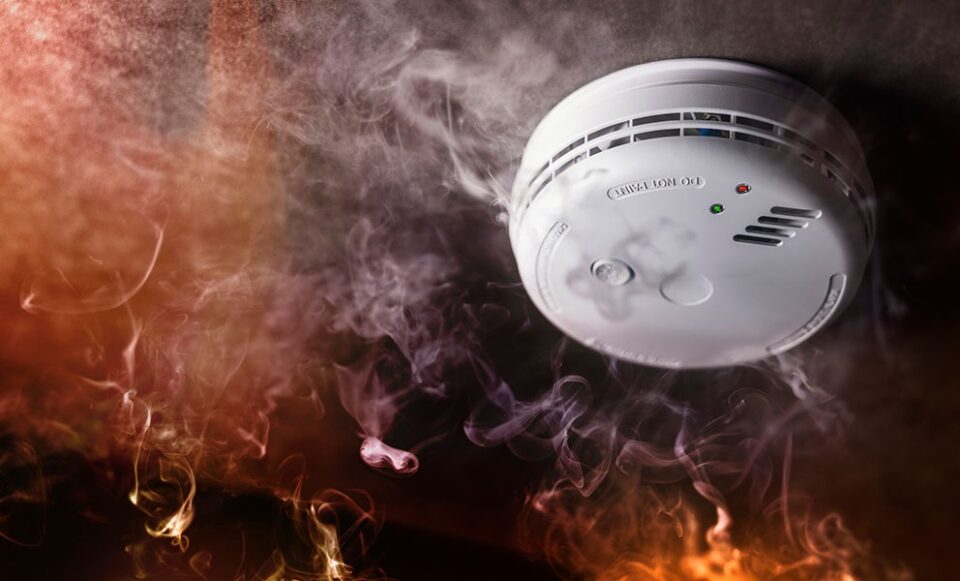Did you know that the majority of fire deaths and injuries occur in homes with no smoke alarms? Or that, as a homeowner, you could be held financially responsible if your negligence causes firefighting efforts by others to be delayed? Don’t rely on people who tell you they’ll install a fire alarm when they are renovating your home. Take action now by educating yourself about the necessary steps to take to comply with the law and ensure that you are installing and maintaining adequate home fire detection systems.
You probably have a lot of questions about the rules and codes in place, but don’t worry. This article will help you understand what Fire Alarm Compliance is and how it applies to your home.
What is FAC
FAC (Fire alarm compliance) is the process of ensuring that your fire alarm system is working properly and meets the requirements of the building code.
Fire alarm systems are required by most state and local building codes to have a high degree of reliability. A properly installed and maintained fire alarm system can save lives in an emergency situation. The best way to ensure that your fire alarm system will function properly during an emergency is to hire an experienced professional who has been certified by a recognised testing agency.
Why Is It Important?
There are a number of reasons why it’s important to comply with fire alarm regulations. The most obvious reason is that it’s the law. Fire alarm systems are designed to alert people in the event of a fire or other emergency, and in order for them to work effectively, they need to be properly maintained and tested on a regular basis.
Another reason why compliance is important is that it helps ensure your building is safe. If you don’t comply with the regulations, there’s a chance that your fire alarms will not be working correctly when they’re needed most. This could result in more deaths and injuries during a fire emergency.
Compliance also helps prevent false alarms. False alarms can be costly, both financially and emotionally; if an alarm sounds when there isn’t actually a problem, people may lose trust in their fire drills and procedures, which can lead to bigger problems down the line if they don’t follow protocol when there really is an emergency situation.
Benefits of Fire Alarm Compliance
The FAC process can be a very beneficial one for building owners, tenants and even employees. The benefits of FAC include:
- Saving Lives – Fire alarms can save lives. They alert people to the danger of a fire and help them escape safely.
- Protecting Property – Fire alarms also protect property by alerting people to the presence of a fire so they can take action before it spreads.
- Reducing Liability – The National Fire Protection Association (NFPA) recommends that all businesses have an annual fire evacuation drill and a fire safety plan in place to reduce liability should someone get injured or killed in an accidental fire.
- Prevention – It’s estimated that more than 400,000 fires occur each year in homes across the United States, many of which could have been prevented with proper fire prevention measures.
- Cost Savings – Having an up-to-date fire alarm system installed in your building can save money on insurance premiums and repairs from damage caused by an emergency situation.
- Peace of Mind – Knowing that your building has an up-to-date fire alarm system in place can make you sleep easier at night, knowing that it’s there if something happens.
What Are Fire Alarm Requirements?
Smoke detectors must be installed in every bedroom and hallway (or adjacent rooms) on every level of your home. You also should install them outside each sleeping area in case someone accidentally starts a fire while cooking or smoking late at night.
Smoke detectors need to be replaced after 10 years (or sooner if they don’t work properly). If you’re not sure when yours were installed, check the date on their batteries or back plate. If there isn’t one there, contact your local utility company for more information.
Conclusion:
We hope that this Fire Alarm Compliance guide has been a worthwhile resource for both homeowners and businesses. Many local ordinances are in the process of updating their fire alarm requirements, and there are still others that are awaiting the full implementation of these updates. Stay tuned to your local news and check with your city’s building department for more information on new legislation as it becomes available.

